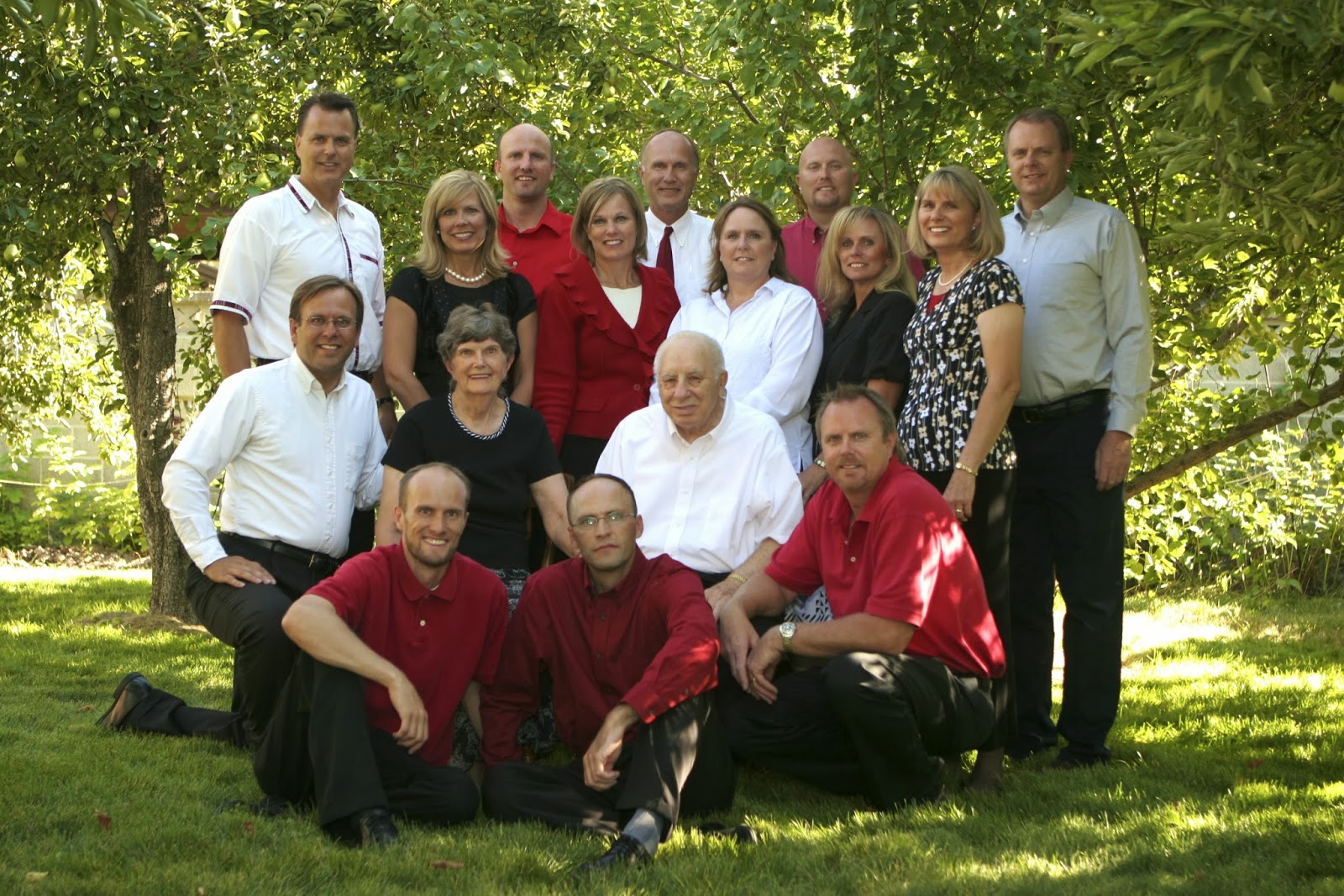On Your Mark
Games begins long before the opening whistle. As fans await the start of play they amplify the energy that the players bring to the arena. Before play begins everyone fidgets with nervous energy. Home crowds hope to see competitive competition as long as their team ends up on top. But they know that there is no guarantee to the outcome. Players will do their best to prevail and will focus on each moment to improve the chance of a winning performance.
The ability to give constant and concentrated attention to a specific motion or object, while ignoring the myriad of distractions from fans, defensive misdirections, fatigue and pressure, comes from repeated and dedicated practice. Effective practice combines a mix of basic skill development and refinement until play becomes an exercise of muscle memory rather than a planned and plotted execution of plays. The more a coach can more closely create a game-like environment during practice the more likely that a team will flourish instead of wilt in the face of difficult and quality competition.
This type of practice requires a psychological and emotional commitment to work and practice through discomfort, exhaustion and a whole lot of sweat. Any athlete who possesses the capacity to visualize positive outcomes in difficult situations holds a heavy advantage over the competitor who can just play the game. The best athletes not only visualize the celebratory moments and the feelings of exultation, they conceptualize the difficult situations that can arise in a game and work through near-infinite possibilities and responses. Then when the moment comes, they don't even have to pause, reflect or even choose. They play. They perform. They excel.
These same skills can be applied to life but they require a significant modification. When a game is about to begin, everyone knows that within two or three hours we will all know who has won and who has lost; unless you are playing soccer. In life there is no buzzer that signals the end of the game and no referee to identify the winner. Even death does not signal the end of what we do. I suspect that people like Martin Luther King, Jr. knew their influence would extend long beyond their mortal lives. Can you imagine if Dr. King had decided at some point along his path that he had lost and then decided to just give up?
The fallacy in carrying sporting analogies too close to real life is that it can be hard to determine whether a given activity would be part of practice or part of an actual game. I find it helpful to treat life more like a practice where even mistakes will have the opportunity to be corrected. And while it may be true that we have actual adversaries, it is also possible to see everyone else as a teammate rather than an opponent. So don't wait for a whistle, and let the nerves subside, but live like it's real and assess like it's practice.


Comments
Post a Comment
Thank you for keeping your comments positive and helpful..